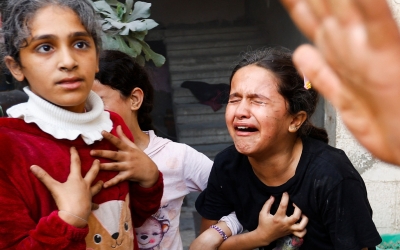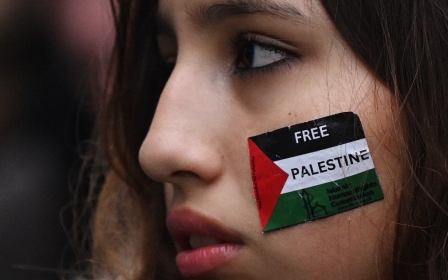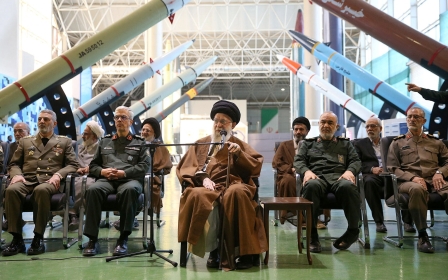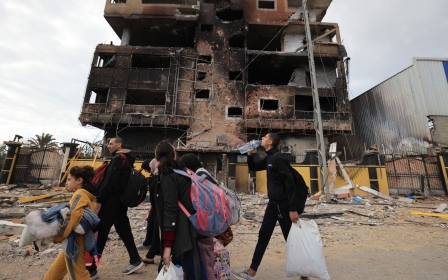Israel-Palestine war: Israel and Hamas agree to exchange prisoners as part of four-day 'truce'
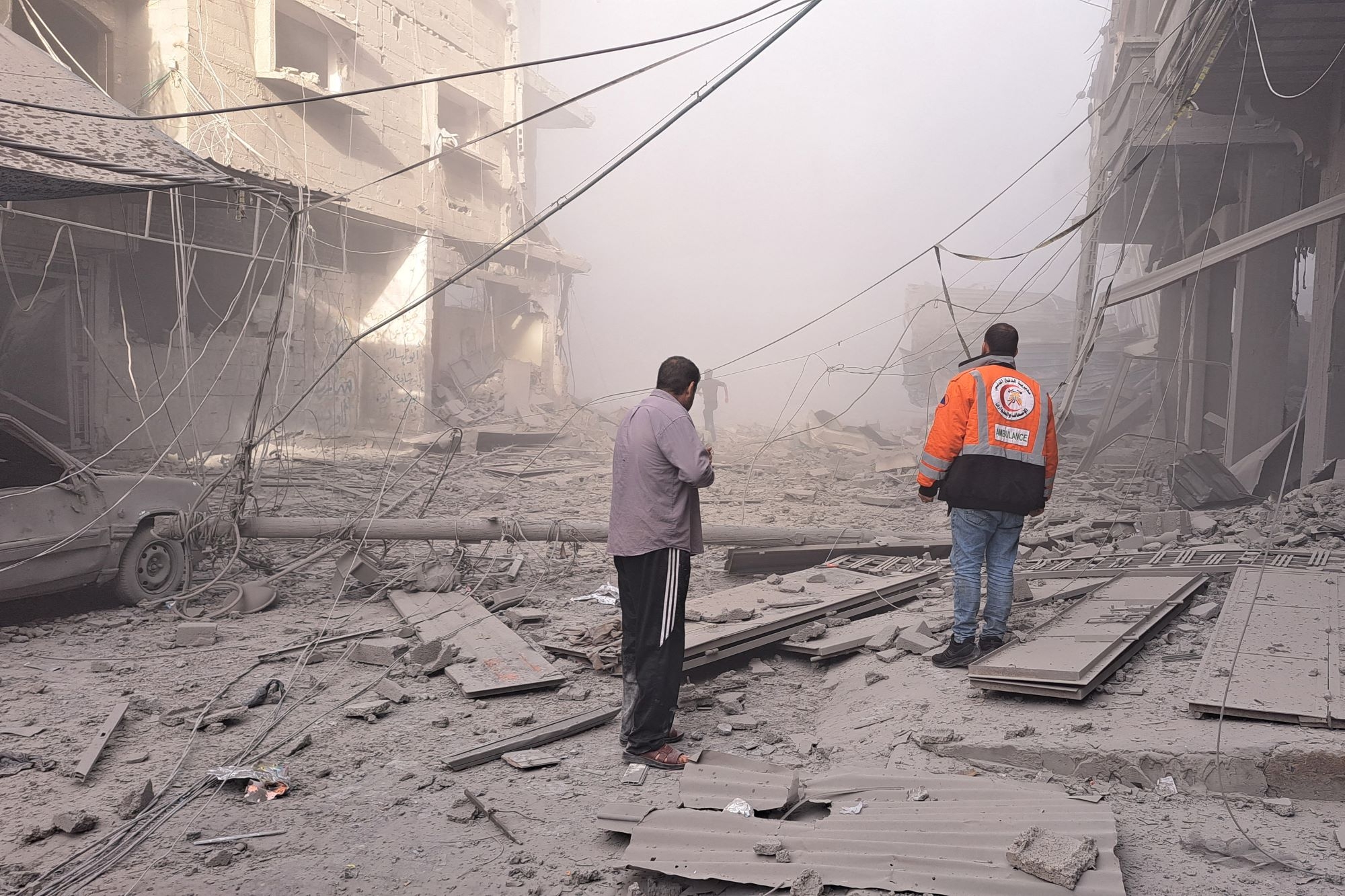
Israel and Hamas agreed to a four-day truce early on Wednesday, as part of an agreement that will see the Palestinian group release 50 Israeli women and child prisoners in exchange for 150 Palestinian women and children held in Israeli jails.
The pause is set to commence at noon on Thursday but there are concerns that Israel might intensify its bombing campaign on Gaza before the start of the temporary cessation in hostilities.
Israel's cabinet backed the agreement after talks lasting several hours, which reportedly involved heated exchanges between ministers in Prime Minister Benjamin Netanyahu's government.
In the end, only three of the 38 members of the cabinet voted against the truce.
The prime minister's office said in a statement that for every additional 10 Israeli hostages released the pause would be extended by a day. The statement did not mention the release of Palestinian prisoners in exchange.
New MEE newsletter: Jerusalem Dispatch
Sign up to get the latest insights and analysis on Israel-Palestine, alongside Turkey Unpacked and other MEE newsletters
"The Israeli government is committed to bringing all the abductees home. Tonight, the government approved the outline for the first stage of achieving this goal, under which at least 50 abductees - women and children - will be released over a span of four days, during which there will be a lull in the fighting," the statement said.
Hamas, which controls Gaza, also released a statement, confirming that 50 women and children held in the territory would be freed in exchange for Israel releasing 150 Palestinian women and children from Israeli jails.
'The starting time of the pause will be announced within the next 24 hours and last for four days, subject to extension'
- Qatari statement
It said that during the temporary pause, Israel would stop all military actions in Gaza. Additionally, Israeli fighter jets and surveillance drones will not be allowed to fly over southern Gaza and only fly over northern Gaza between 4pm-10am.
The pause would also allow hundreds of trucks carrying humanitarian, medical and fuel aid into the territory, it said.
Israel's justice ministry published the names of some 300 prisoners who could be included in the deal.
The Israeli public has 24 hours to appeal against the agreement, and one group, the Almagor Terror Victims Association, said it would do so.
Follow Middle East Eye's live coverage for the latest on the Israel-Palestine war
Of the roughly 240 Israeli prisoners taken to Gaza by Hamas and other armed groups on 7 October, 33 were children, the youngest of whom was reportedly nine months old at the time of the attack, according to the Israeli government.
According to an organisation formed by the hostages' families, at least 62 of the prisoners were women. Four of the women are serving Israeli soldiers, according to interviews with their families and information gathered by a forum of the hostages’ families.
The Israelis were seized on 7 October when Palestinian fighters launched attacks into Israel that killed around 1,200 people.
Some of the prisoners are believed to be held by Palestinian Islamic Jihad, a faction smaller than Hamas, as well as criminal gangs.
Since the conflict erupted, more than 14,000 people have been killed as part of Israel's retaliatory bombardment and invasion, according to Palestinian officials.
Meanwhile, the Palestinian prisoners' rights NGO, Addameer, has said that 200 children have been arrested by Israeli forces since 7 October.
Many of the most recent arrests came during raids across the occupied West Bank, where attacks on Palestinians by Israeli soldiers and settlers have soared.
Days of talks
For days, officials from Qatar, the United States, Israel and Hamas have been suggesting a deal was imminent.
Qatar, which hosts a Hamas political office at the request of the US, issued a statement early on Wednesday confirming the "success" of its mediation efforts and the broad parameters of the agreement.
"The starting time of the pause will be announced within the next 24 hours and last for four days, subject to extension," the statement said.
The Gulf state had played a key role in mediation efforts that led to the release of four hostages in October - an American woman and her daughter, and two Israeli women.
Qatar's lead negotiator, Mohammed Al-Khulaifi, said the release of prisoners should prompt the international community to “seize this brief window of opportunity to generate further momentum for the diplomatic track”.
Such a move was the only way to solve the conflict, both in the short term and the long term, Khulaifi said in a statement.
"Qatar's priority now is to ensure that the terms of the agreement are respected while redoubling our efforts to secure a long-term ceasefire, end the war, and work towards lasting peace through a comprehensive political process," the statement said.
If the swap succeeds, negotiators hope it will be the first of several to secure the release of more Israeli civilians and foreign nationals in exchange for an extension to the pause in hostilities.
However, Israel's far-right National Security Minister, Itamar Ben-Gvir, who voted against the truce deal, has criticised the agreement saying it set a "dangerous precedent."
"Hamas wanted this time-out more than anything," he said on X, formerly known as Twitter. "The outline is a dangerous precedent, which changes the equation and may bring more events."
Middle East Eye delivers independent and unrivalled coverage and analysis of the Middle East, North Africa and beyond. To learn more about republishing this content and the associated fees, please fill out this form. More about MEE can be found here.


